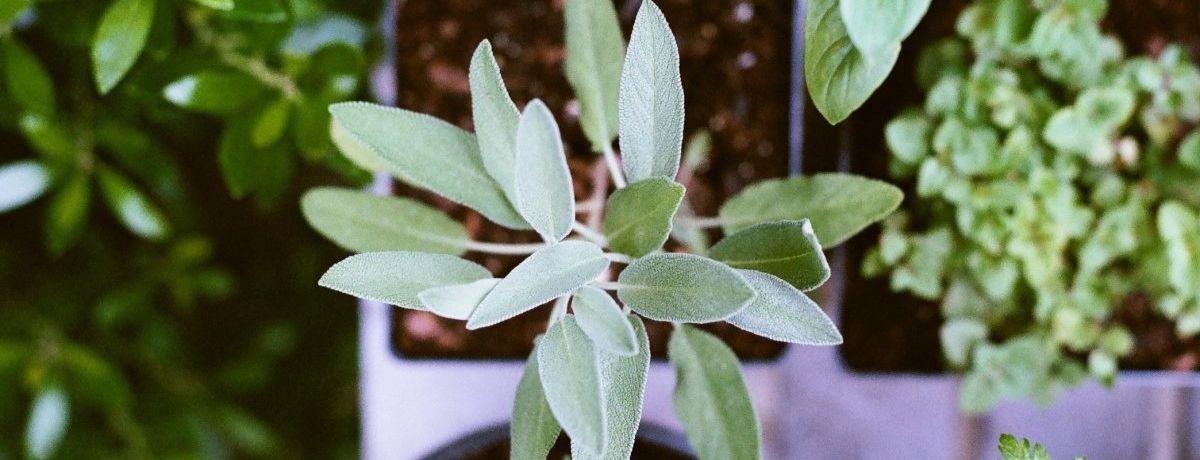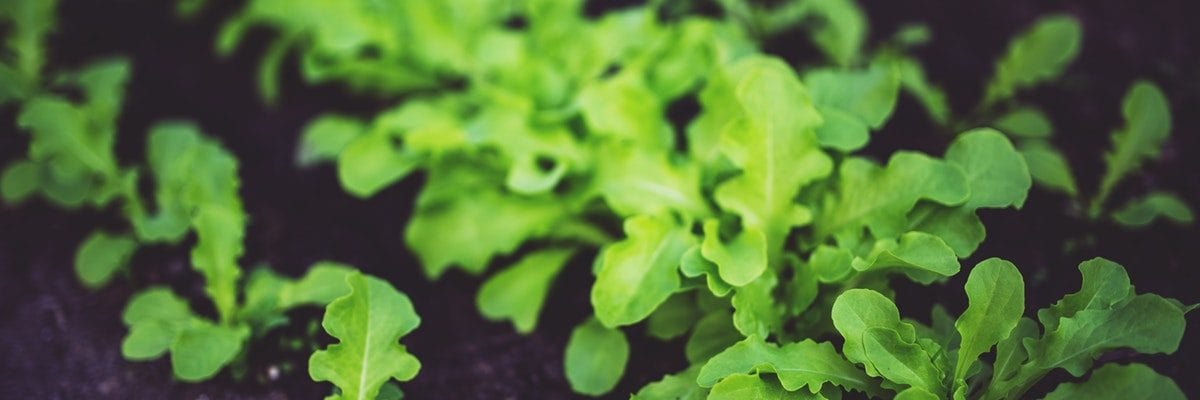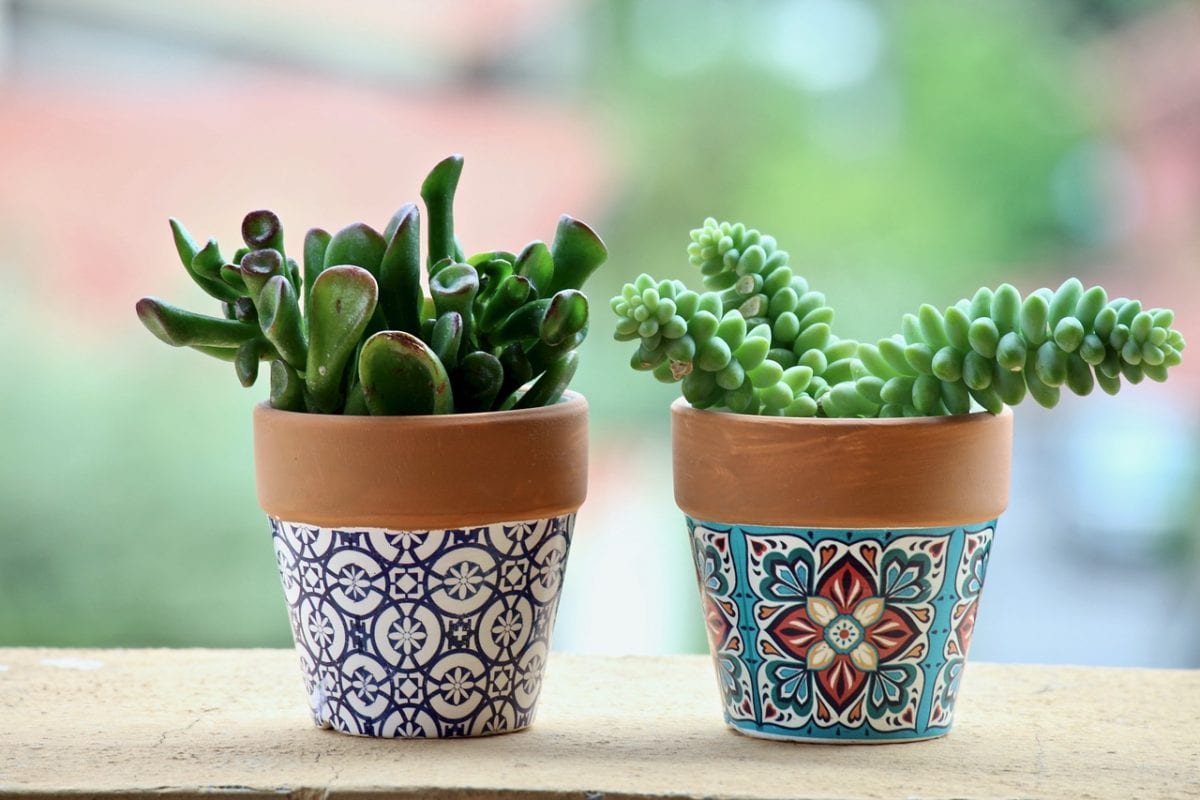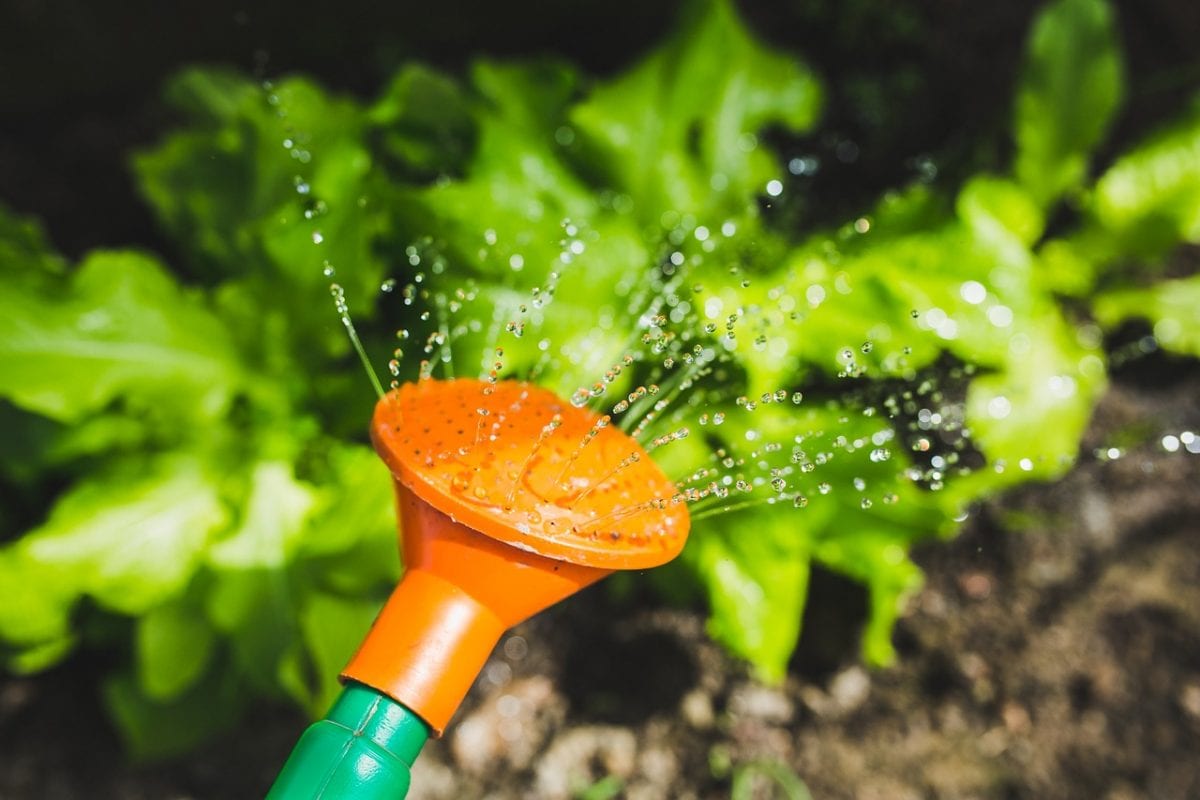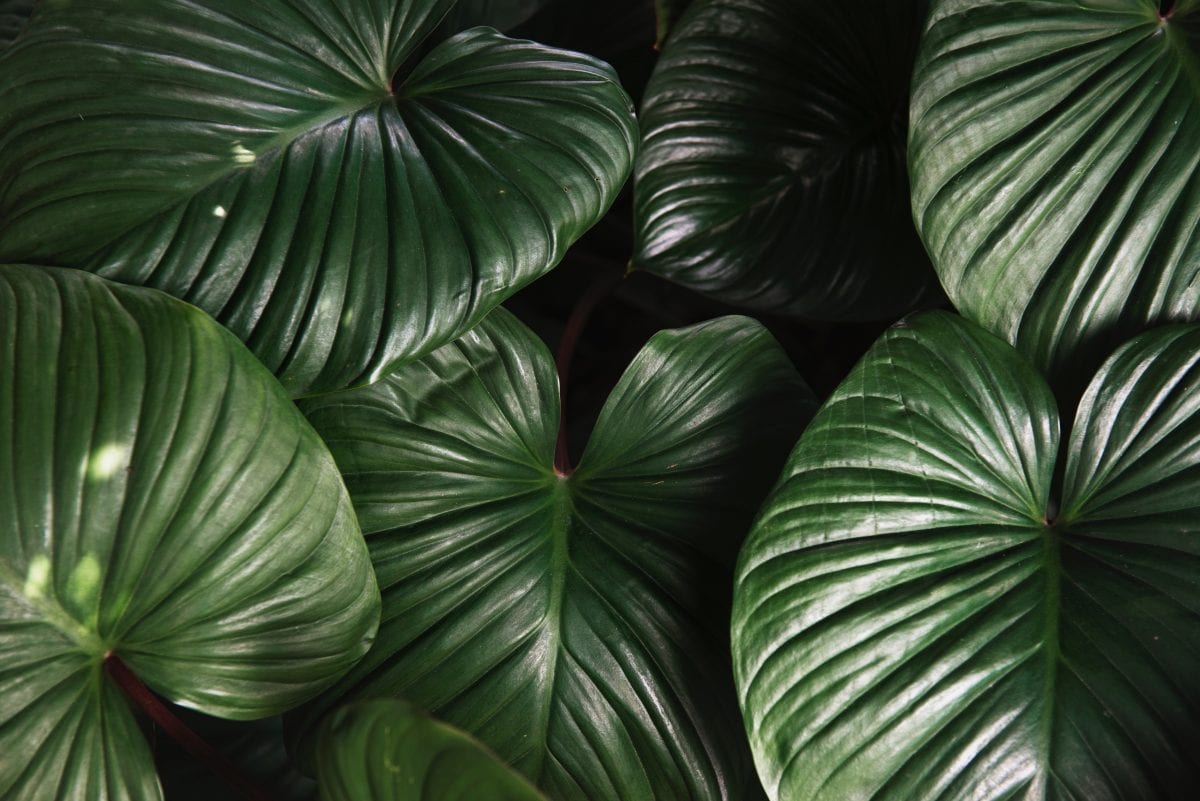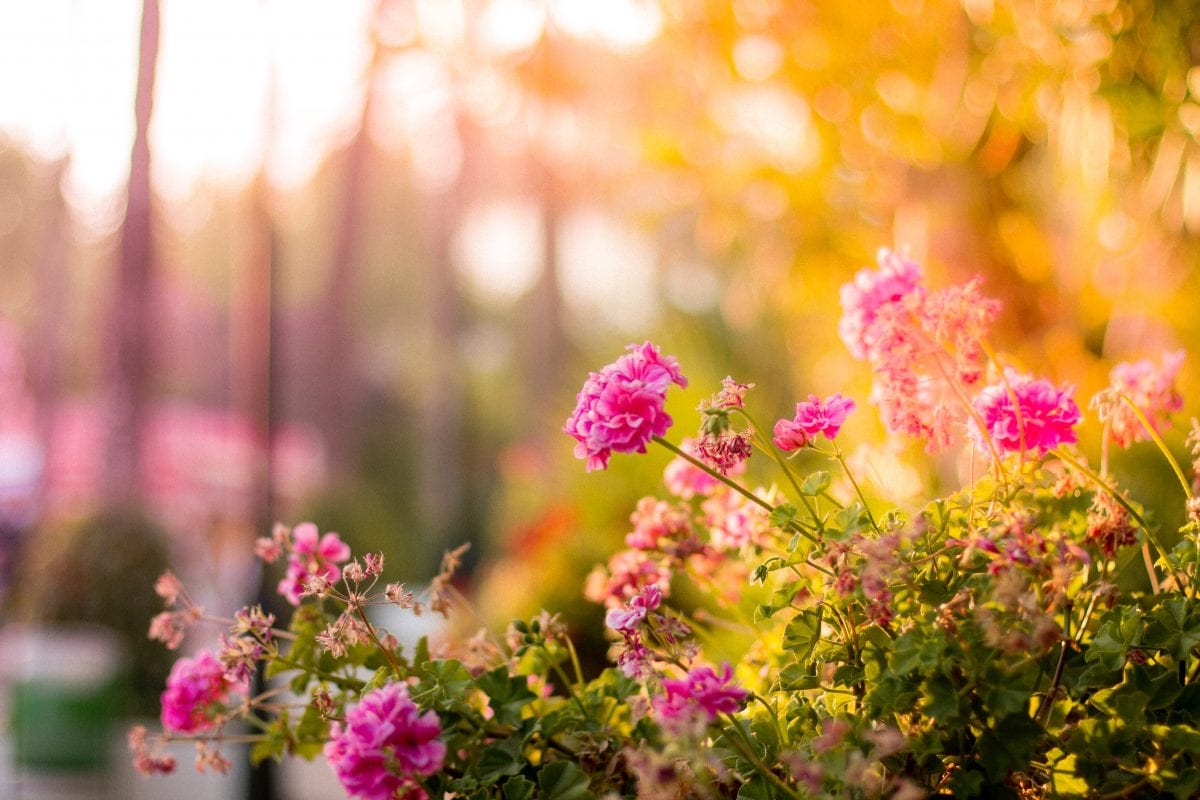If you’ve decided to get serious about your garden – congratulations. Not only does it help bees and wildlife, gardening is good for your mental health, burns calories, and even helps keep your heart pumping away.
For those who aren’t sure where to start, this outdoor plant advice and gardening help is perfect for beginners. You’ll be pruning confidently in no time.
Essential equipment
There are hundreds of shiny gardening tools you could buy, but a beginner only needs the basics. A good pair of gloves, a sharp pair of secateurs, and some decent compost will go far.
- Hand trowel/fork
- Secateurs
- Watering can
- Gardening gloves
- Multipurpose compost
- Planting pots
- Labels
Weeding
Weeds are the bane of a gardener’s life. They wait for the perfect conditions, grow fast, and spread their seeds very easily.
Unsure whether something’s a weed or the beginning of a plant worth looking after? Use the Royal Horticultural Society’s (RHS) visual guide. It will help you sort the horsetail from the hydrangeas.
Weeds in flower beds
It’s a good idea to tackle weeds when they’re tiny seedlings, but this gets confusing when you’ve been growing new plants at the same time. Use your labels to identify what’s been planted where, and search for images if you’re not sure what they should look like.
Remove the weeds by hand, or with your gardening fork. Outdoor plant advice suggests you cut the roots at the top or remove them completely, if possible.
Stop them growing again by adding a layer of bark on top of the soil.
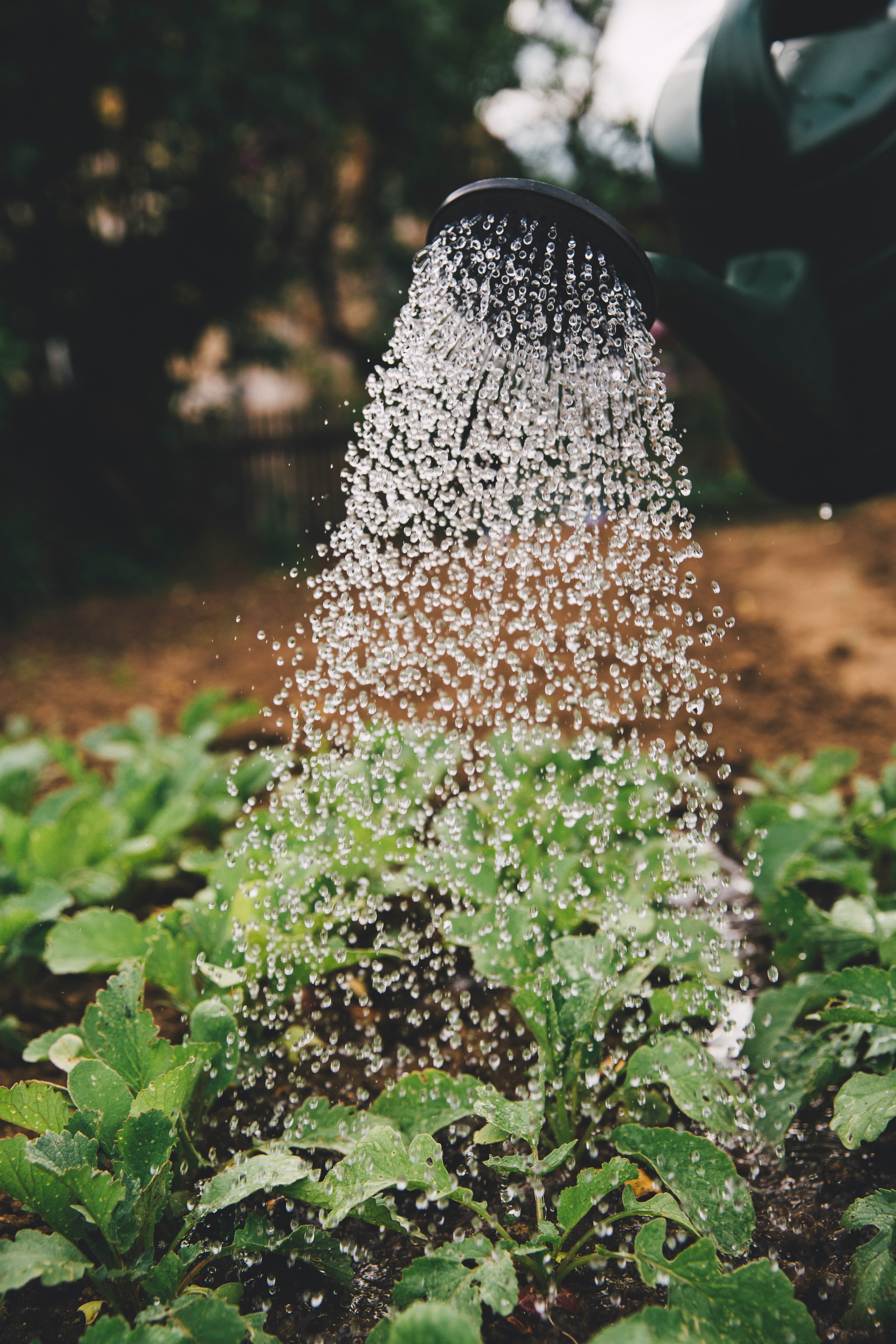
Weeds in pots
You’ll mainly find mosses and algae in pots, which can be removed by hand. Use your trowel to remove the top layer of soil and replace with fresh compost.
Stop them growing again with a layer of pebbles, glass chips, or shells.
Weeds in the lawn
Kill the weeds and protect the rest of your lawn by adding herbicide to just the leaves. For weeds which look like a rougher kind of grass, cut them as short as possible before mowing as normal.
Stop them growing again by raking the lawn regularly, and spiking holes in the turf to keep air flowing through it.
Planting
The plants and flowers you choose are the stars of the garden. You’ll probably want a specific look, but plants have different needs and personalities.
The conditions of your garden won’t necessarily be comfortable for a particular variety, and some will flower once and never show their face again.
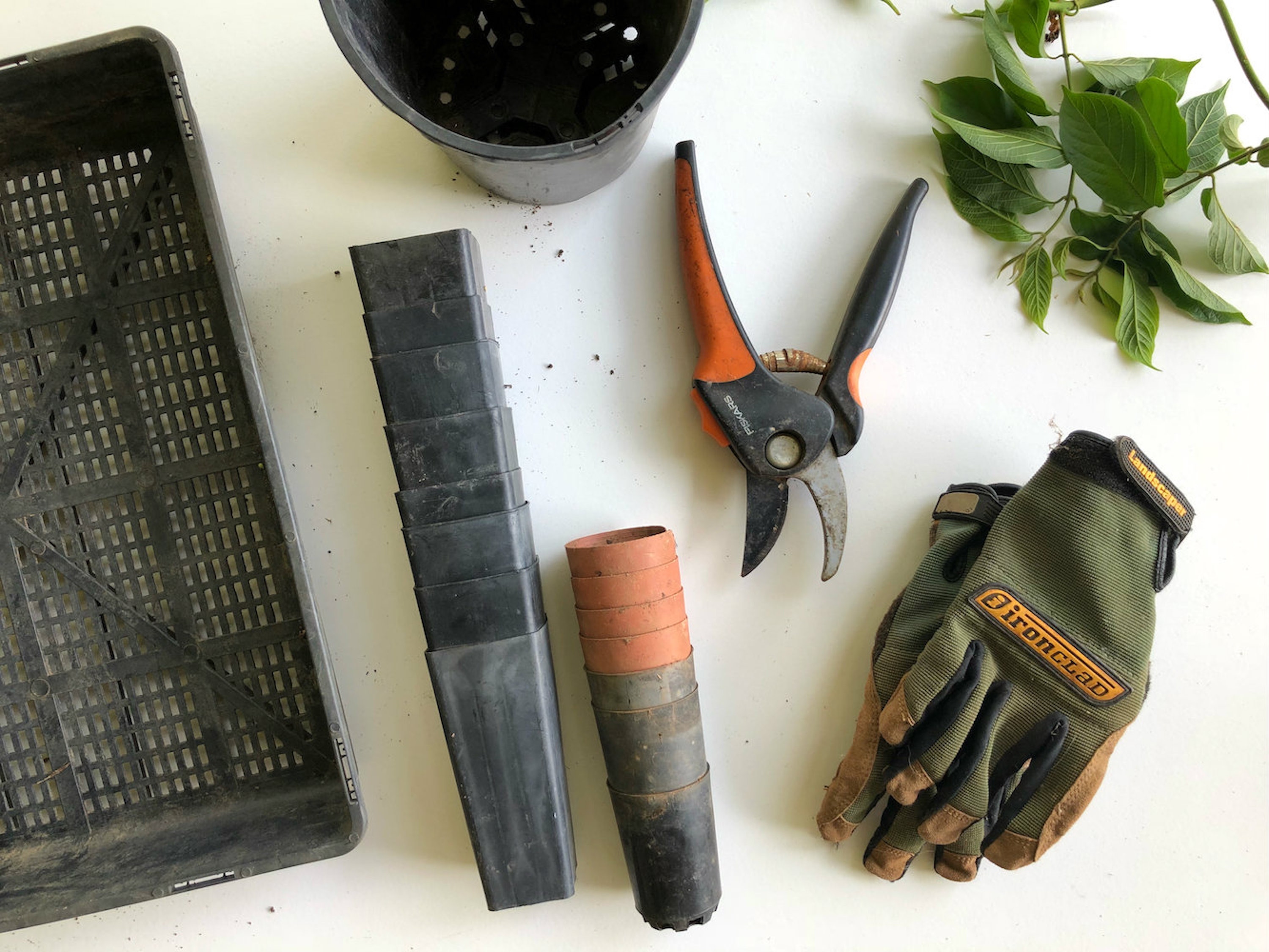
Flowerbeds
Prepare the soil by turning it over with your fork, remove stones, pebbles, and anything that looks like a weed. Sprinkle some fertiliser over the top to speed up growth.
Half a pint of water for each plant is about enough, according to legendary gardening don Alan Titchmarsh.
Regardless of what direction your garden points towards, the perimeters will get some shade at some point in the day. Ideal plants for beds include alchemilla mollis, anemones, asters, and roses.
Pots and troughs
Terracotta and plastic are the best materials for spring and winter pots. They need to be fairly big (the smaller the pot the quicker it dries), and have holes in the bottom for drainage.
From April to September, water the pots whenever they become dry. Cut the dead bits off to encourage new growth. If the rain’s lashing down, move the pots somewhere covered or they’ll ‘drown’.
Begonia, hydrangea, pansies, and clematis love containers and pots. If you need some gardening help in London, they’ll be happy to suggest plants that thrive in small spaces.
Hanging baskets
Line the baskets with moss, or readymade liners, and half-fill with compost. In spring and summer, treat them like containers and water just as regularly. They benefit massively from weekly fertilising too.
You can keep hanging baskets outside in cold months if you choose winter plants, but they’ll need to come indoors if it gets really frosty.
Becoming a savvy gardener is all about trial and error. Once you’ve got the basics, you can start branching out into more unusual plants and experiment with your soil’s pH. Until that time, successfully keeping it all alive is still a major victory.


